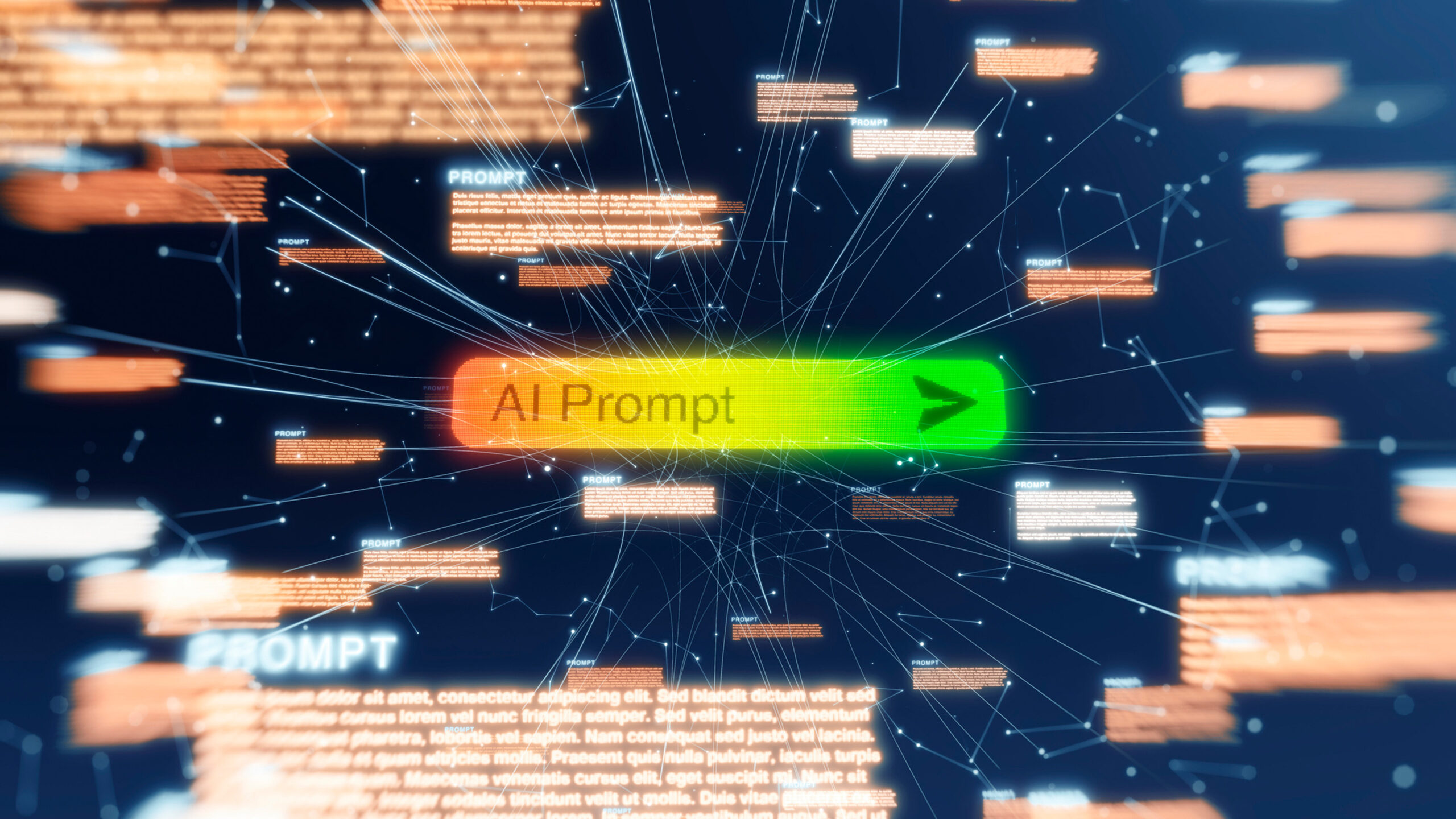During this summer, a team of students from MIT embarked on a journey to the sou …
Rules Established for Original Writing and ChatGPT
Emma Wordsmith

In her research for her 2018 book Teaching AI: Exploring New Frontiers for Learning, Michelle Zimmerman encountered experts in artificial intelligence who whispered about a conversational AI chatbot that could respond to queries with remarkable speed and fluency. This chatbot, called ChatGPT, could provide concise and polished answers, and even generate essays on demand. Zimmerman realized the potential impact of such a tool on education and began pondering the ethical questions it raised. She wondered about the meaning of originality and the role of AI in assignments. She also convened a focus group of high school students to discuss these ethical conundrums.
Later, ChatGPT was officially released by OpenAI and gained immense popularity. Schools now grapple with the same issues Zimmerman and her students explored. They are trying to establish guidelines for the responsible use of AI in academic work. Some schools choose to ban AI tools altogether, while others permit their use as long as proper acknowledgement


